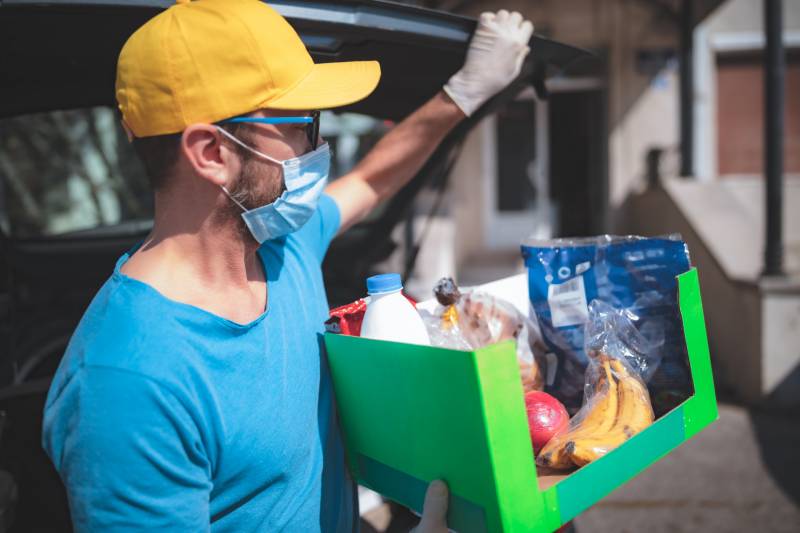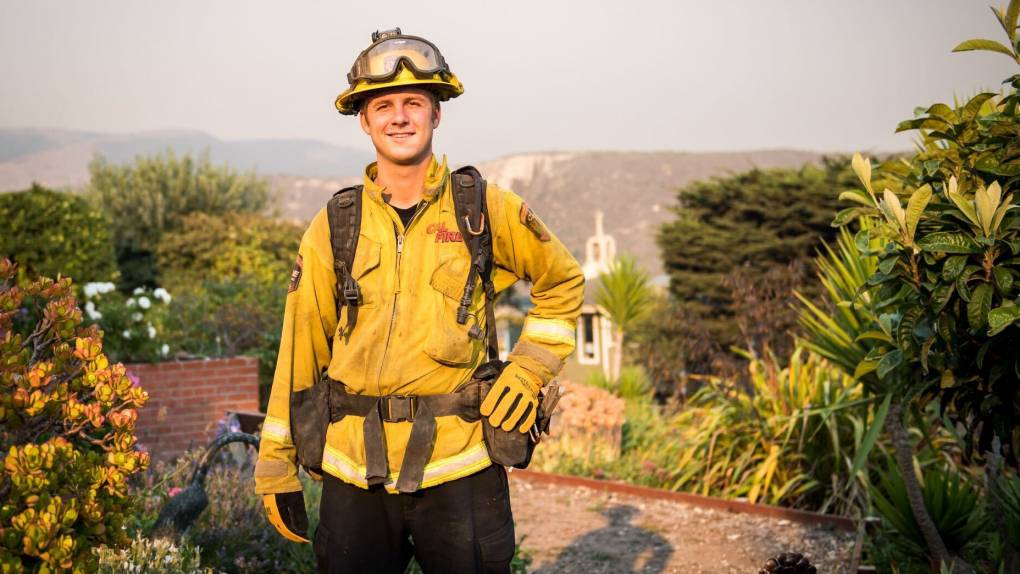It’s a destructive and exhausting wildfire season, again. Already more than 100,000 residents around the Bay Area have been forced out of their homes in emergency evacuations as crews battle massive wildfires in the North Bay, East Bay and South Bay.
Do you know someone who lost their home in a fire? There are many things you can do to help – right away, in a few weeks and even a year from now. That help can range from simply offering moral support to cold, hard cash, to pitching in on errands.
Families can lose all their material possessions in a fire, from everyday necessities like clothing and computers to cherished memories contained in photos or diaries and essential documents like passports and birth certificates. The recovery process isn’t only about reacquiring things – it also involves months of slogging through the bureaucracy of insurance companies and government agencies and slowly rebuilding a sense of home and security. Survivors can use help with all of it.
“It was kindness from those near and far, friends and strangers, that created beauty in the midst of ugliness and healing in the midst of despair,” wrote Carolynn Spezza, who lost her home to the 2015 Valley Fire in Lake County.
Immediate Necessities
In the immediate aftermath of a fire, people need the basics: a toothbrush, toilet paper, phone chargers, pain medication — although if they’re staying in a hotel, some of these might be covered.
Other basic items needed right away? Clean socks, underwear and a change of clothes.
Items like shoes and jackets are helpful, but a little trickier. You can give away a bag of clothes, but unless you know someone’s size (and maybe fashion taste) you may not want to give them too much stuff that they’ll have to spend precious time sorting through.
In the weeks following the disaster, offering to shop for clothing together or giving a gift card are good options.


